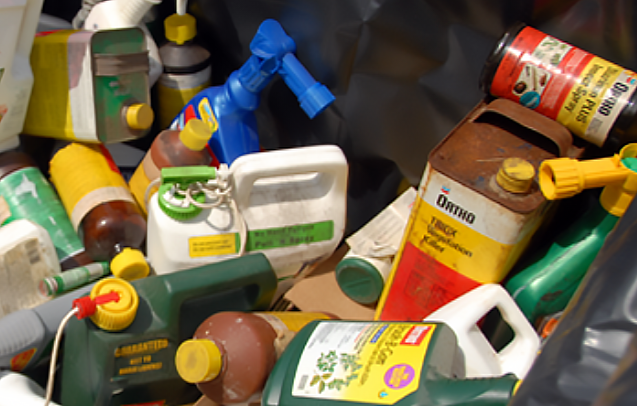
January 28, 2021| Community, Environment
By: Lake Hopatcong Foundation
Learn all about green stormwater infrastructure and the basics of rain garden installation during an upcoming educational webinar presented by the Lake Hopatcong Foundation, in partnership with the Lake Hopatcong Commission and Rutgers Cooperative Extension Water Resources Program.
This webinar is FREE and participants will also have the opportunity to schedule a FREE 30-minute virtual technical session, where they can work one-on-one with a Rutgers landscape architect to plan a customized rain garden for their property.
Sixteen participants from Jefferson, Hopatcong, Mount Arlington, or Roxbury, who reside within the Lake Hopatcong watershed, will be eligible to receive a rebate of up to $450, after installation of a rain garden and inspection by the Rutgers team.
The goal of this program is to install at least sixteen gardens within the Lake Hopatcong watershed over the next two years to help improve the lake’s water quality. Funding for this project was provided through the NJDEP HAB Grant awarded to the Lake Hopatcong Commission in partnership with the Lake Hopatcong Foundation and other project partners.
The webinar will be presented twice on Wednesday, March 3, at noon and 7 pm.
Register for webinar
Below is a testimonial from Pete and Sara Buonomo, of Landing, who were participants of the first set of workshops in 2020. We are thrilled they were able to complete a beautiful rain garden, address the drainage problems on their property, and protect our waterways all at the same time!
"When we first moved into our home and the warm weather came around, it was very clear we had a drainage issue. Our property had a downslope into our neighbor's yard, so anytime a good rain came around it wound up flooding our backyard as well as our neighbor's yard.
We heard about the rain garden initiative for residents in the Lake Hopatcong area and decided to check it out (during the pandemic, and everything was virtual). To be completely honest neither my husband nor I knew what a rain garden even was, but after attending the hour-long seminar it was clear this was the answer to our problems.
We scheduled a follow up with the Rutgers Cooperative Extension Water Resources Program shortly afterward and the process could not have been easier. They asked us a few questions about our home and what kind of plants we would be interested in. I had zero idea (not naturally having a green thumb) but the team ran with our two requirements: native and colorful.
The plans were made, given to our local landscaper, and a few weeks later voila - a scary, slopey, flood-prone backyard was turned into a beautiful rain garden oasis. The rebate we received was sent post-haste to us once the garden was completed and inspected by the Rutgers team.
All in all, a wonderful experience, which was beneficial to us, our neighbors, and most importantly the environment."
Pete and Sara Buonomo, Landing, NJ
The benefits of planting rain gardens are numerous, including pollution control, flooding protection, habitat creation, and water conservation. A typical rain garden works to reduce stormwater runoff from impermeable surfaces such as driveways, parking lots, and rooftops by detaining stormwater in a pond-like or detention basin structure that has been planted with site appropriate plants. The basin allows the water to perk into the ground and enhance deep water recharge while the plants remove many of the pollutants.
You can find out more about rain gardens and their benefits HERE and HERE.

February 10, 2025
Education, Environment

January 29, 2025
Community, Environment